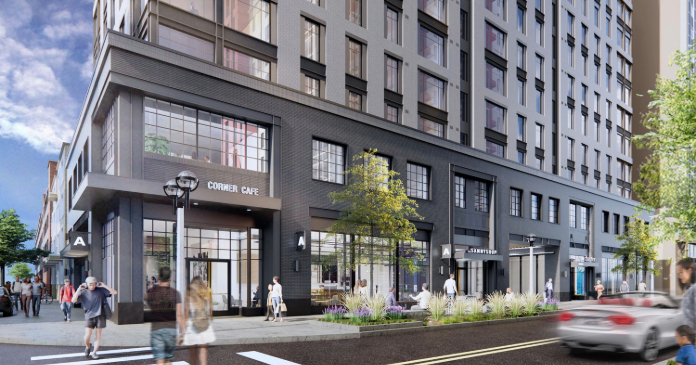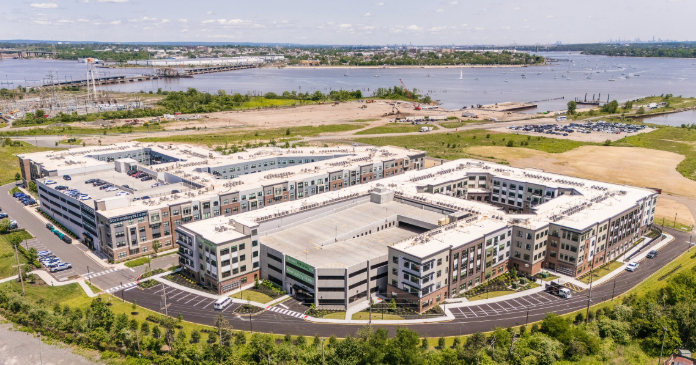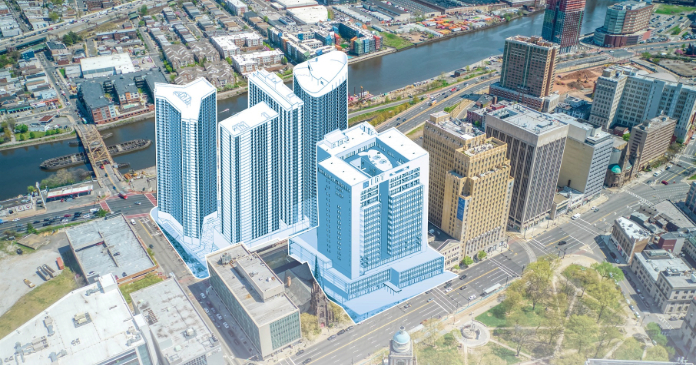Freddie Mac recently conducted a 20 question survey of 2000 adult American consumers to assess how the current era of rapidly rising prices is affecting them. Many of the questions dealt with housing, and specifically rental housing.
Rising prices, rising concerns
Only 4 percent of the survey respondents said that they hadn’t noticed any change in prices over the past 12 months. However, two-thirds had been impacted by rising grocery prices, the category of goods most frequently cited. Of housing-related categories, 14 percent said they had been impacted by the rising cost to buy a home and 22 percent said that they had been impacted by the cost to rent a home. These percentages were for the full population of survey respondents but only 38 percent of respondents were renters, so the majority of renters said that they were impacted by rising rents.
When asked whether they were worried about any of 11 potential negative economic outcomes impacting them over the next 12 months, at least half of respondents expressed concern about each of them. The least worrisome outcome for respondents was losing their job, with 50 percent expressing this concern. The most worrisome outcome was an impending economic recession, which was cited by 84 percent. Not being able to pay for housing was number 8 on the list and was cited by 62 percent of respondents.
Only 39 percent of respondents indicated that they had more than enough money to cover their expenses between paychecks while 20 percent said that they sometimes don’t have enough money to cover basics until the next paycheck. The remainder said they live paycheck to paycheck.
Focus on renters
Fully 40 percent of the renters surveyed said that their rent had not gone up in the past 12 months. Rents went up by 10 percent or less for 26 percent of renters, by 10 to 20 percent for 15 percent of renters, by 20 to 30 percent for 11 percent of renters and by more than 30 percent for 6 percent of renters. Rents went down for 2 percent of renters. These results are surprising given the high rates of rent growth for professionally managed apartments reported elsewhere, but may support observations from the Census Bureau.
Of renters whose rent went up, 19 percent said the increase made it extremely likely that they would miss a rent payment. Another 38 percent said the increase made it somewhat likely that they would miss a payment.
Only about 70 percent of the renters surveyed were employed. The survey did not specify whether those without jobs were unemployed, retired or on disability. Among employed renters, only 38 percent reported that they had received a raise in the past 12 months. Of those who had received a raise, almost one-third said that their raise did not cover their increased rent.
Renters were asked if their plans to buy a home had changed over the past 12 months. Perhaps surprisingly, 18 percent answered that it is now more likely that they would buy. However, 47 percent said that a home purchase was now less likely while 35 percent said that their home buying plans were unchanged.
The full survey results are available here.













